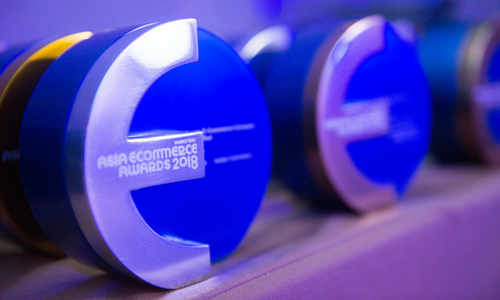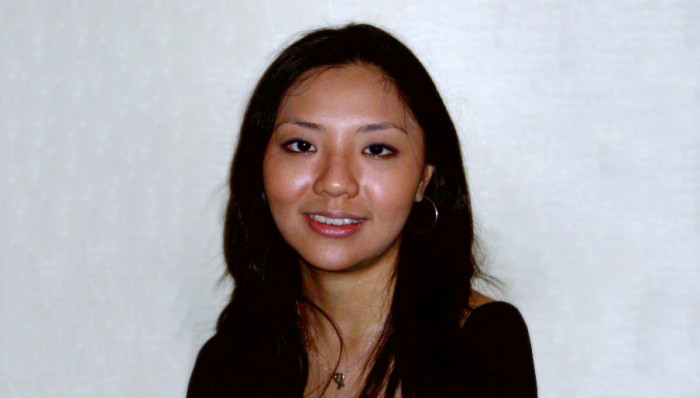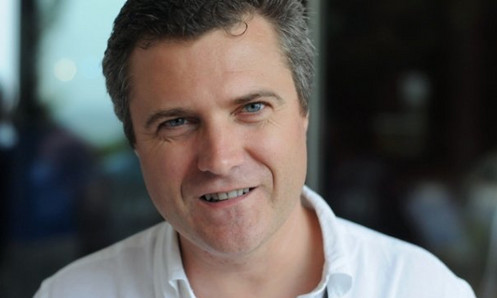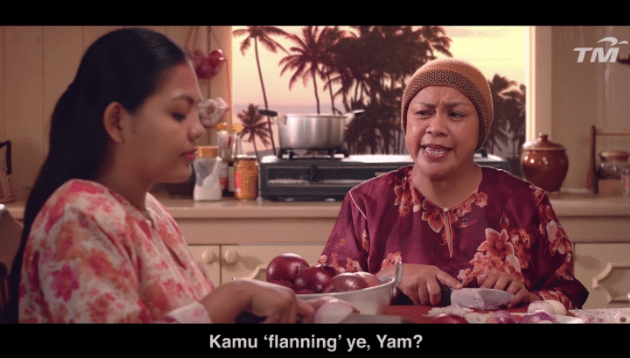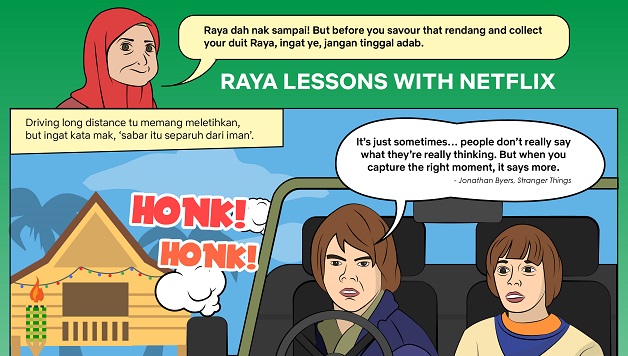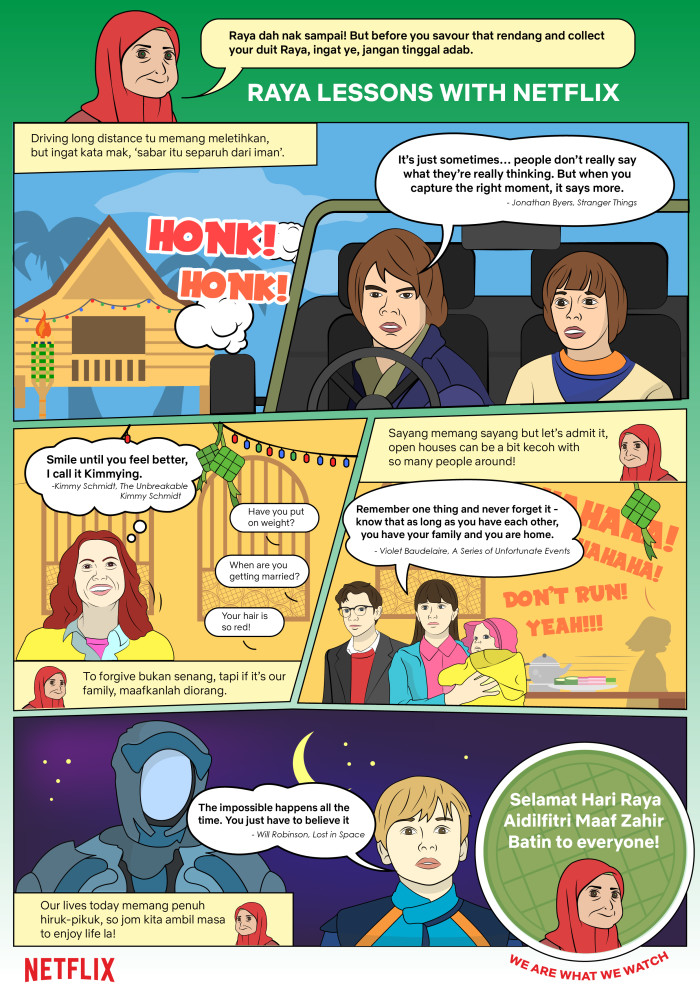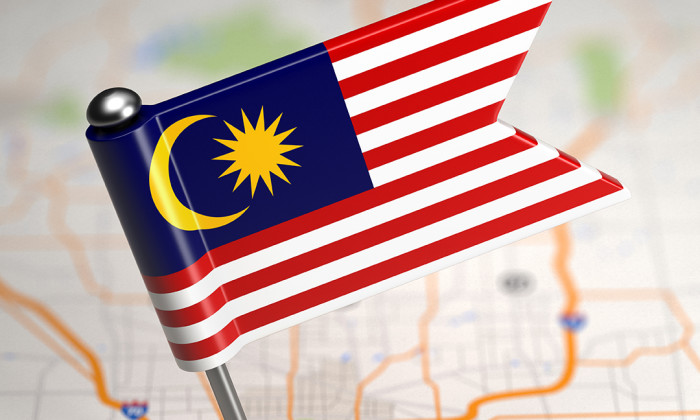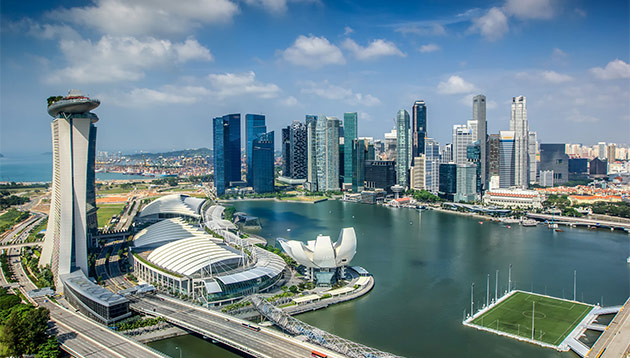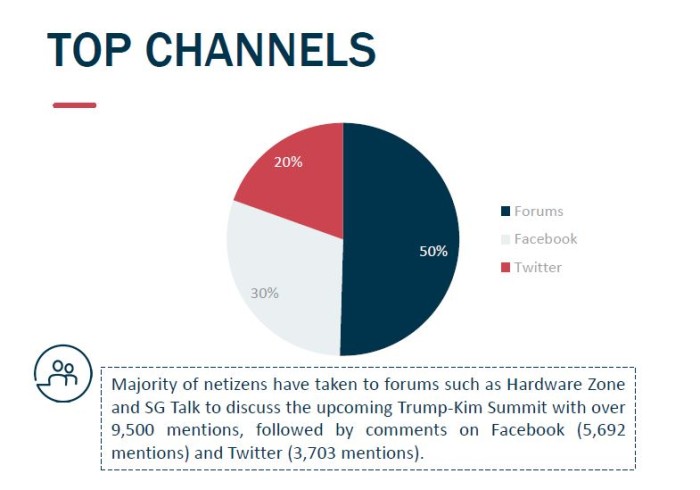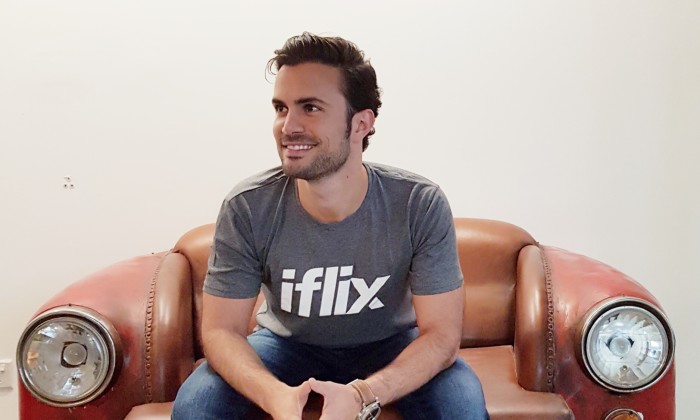
Streaming service iflix has added senior leadership to the company’s marketing function with the appointments of emerging markets strategy and engagement experts, Adeana Greenlee and Tamim Fares as global director of go-to-market and global director of engagement and Monetisation, respectively.
Having founded Ogilvy Public Relations Myanmar, Greenlee brings more than 20 years of sales, marketing, corporate and strategy experience to the role, including the planning and execution of large scale, culturally-nuanced campaigns and programs for multinational corporations and startups.
Joining iflix as general manager of iflix Myanmar, she quickly established the Company’s leadership in Myanmar’s entertainment and consumer sectors, working closely with global FMCG brands, government and grassroots organisations, and local studios and networks. As general manager of iflix Indochina, she was responsible for managing and growing iflix’s business across both its consumer and commercial segments for Thailand, Myanmar, Cambodia and Laos, strengthening the Company’s relationships with its key enterprise and SME partners and major channel partners.
Greenlee added, "I am excited to join the rock star team at iflix global headquarters in Malaysia. I look forward to leveraging my frontier market expertise (across Myanmar, Thailand, Laos and Cambodia) to build even stronger connections between iflix and our customers as we enter the next chapter of our business."
Meanwhile Fares has over a decade of experience with global TMT organisations including Vodafone, STC and Leo Burnett. Having held senior leadership roles in marketing, product and commercial, Fares specialises in driving user engagement and P&L growth through intersecting deep data analytics with customer insights and centricity.
Fares previously served as head of consumer marketing/Segments for Vodafone Qatar, where he was responsible for setting the organisation’s commercial, channel, product and brand experience strategies and plans, for multiple consumer segments. Under his leadership, Vodafone achieved top market position for its Mass segment. As global director of engagement and monetisation, Fares will establish iflix's world-class customer lifecycle platforms.
Fares added, "As iflix continues its exponential growth, we're significantly increasing our focus on customer engagement through dynamic A/B testing and data-science based segmentation, whilst maintaining the customer as a "human being" at the forefront of these discussions. This, coupled with exciting opportunities to explore and drive new monetisation models in our markets where credit card penetration is less than 1%, I believe will be key to our continued growth. I am thrilled to help lead this huge undertaking!"
iflix co-founder and group CEO, Mark Britt, said: “[The] appointments represent a significant elevation of our customer engagement strategy. Across the division, we continue to strengthen our ability to execute at speed and capture increasing demand for our service. Our customers are at the heart of our business. We are focused on improving their end-to-end experience by bringing world-class talent and resources, like Adeana and Tamim, with a relentless focus on delivering industry leading customer experiences.”
